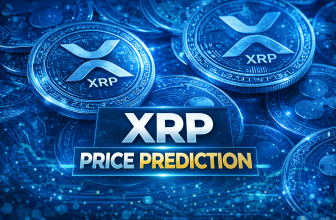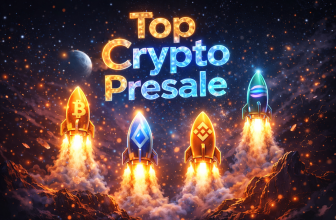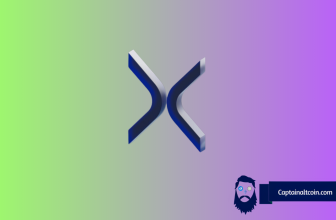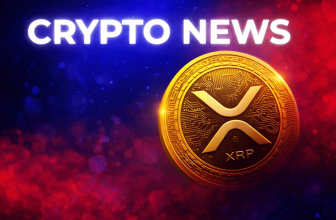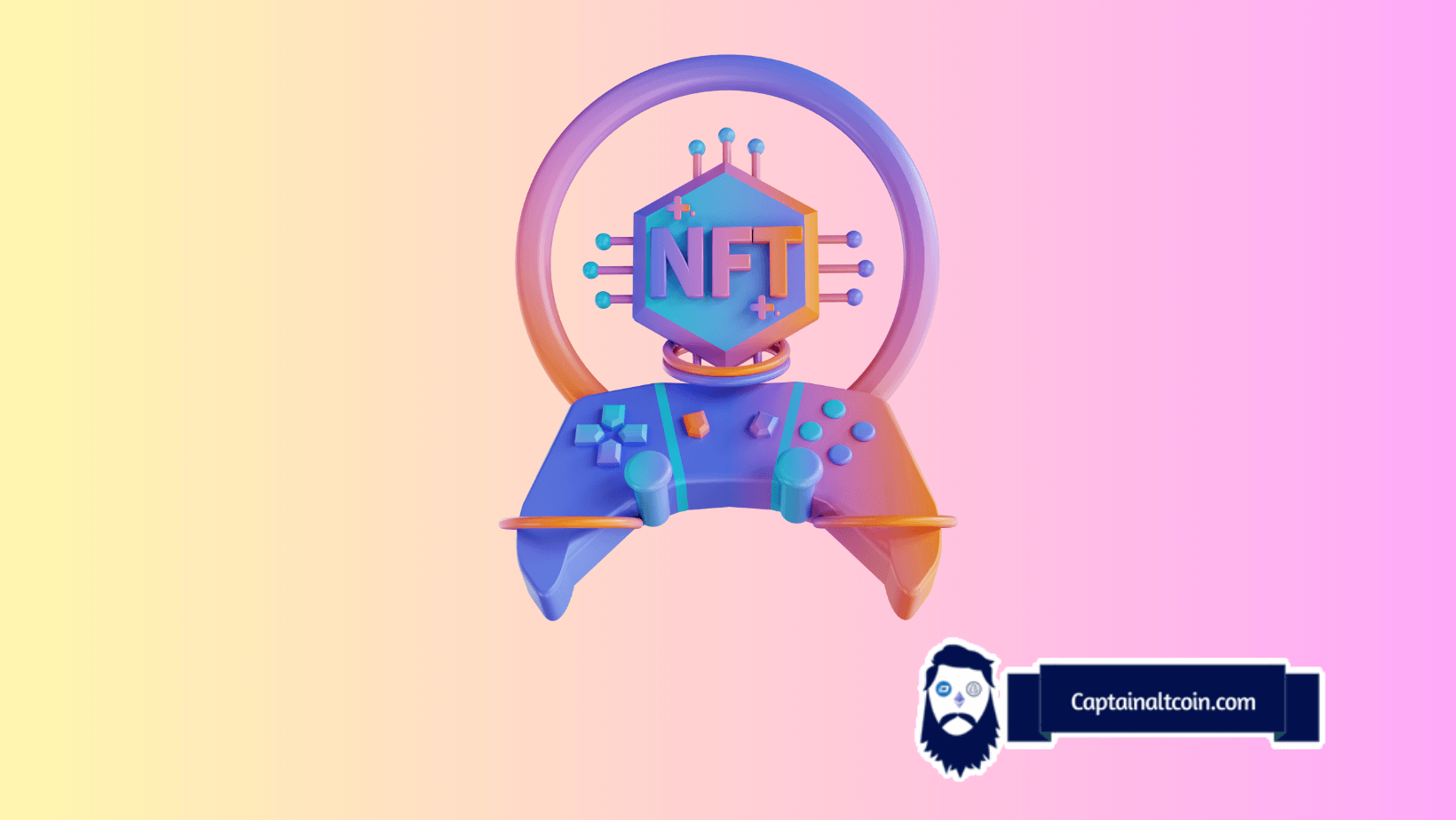
Blockchain gaming is no longer a thing of the future; it’s here, shaking the foundations of the gaming industry as we know it. 2023 is a pivotal time as developers and gamers are increasingly adapting to this shift. The landscape is rapidly changing from the emergence of NFT-based games to the rise of decentralized gaming platforms. Join us as we venture into the key trends that are shaping the future of blockchain gaming in 2023.
What you'll learn 👉
Decentralized Gaming Platforms on the Rise
Decentralized gaming platforms, underpinned by blockchain technology, significantly alter how games are developed, distributed, and played. Platforms like Decentraland and The Sandbox, virtual worlds wholly owned and governed by their users, are spearheading this trend. In these platforms, users can create, experience, and monetize content and applications in a shared virtual space, illustrating the massive potential of decentralized gaming.
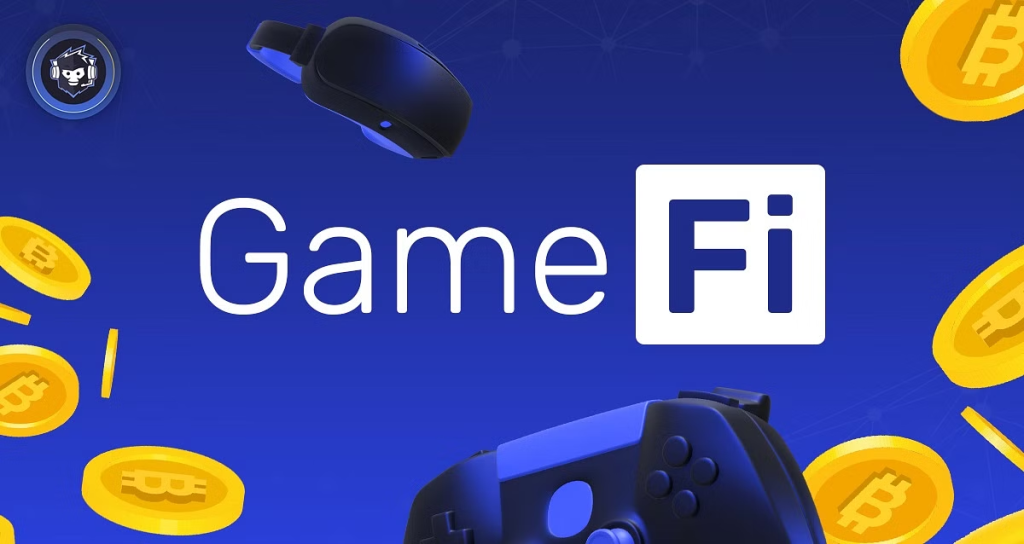
Unlike traditional gaming platforms, where developers and publishers hold absolute control, decentralized gaming platforms give power back to the players. They offer a space where creativity, ownership, and financial returns are evenly distributed among the users.
This shift provides developers with a new way to design and launch games, free from the confines of centralized publishers. For instance, gamblers can even try out Bitcoin pokies on such platforms, making the experience more immersive. It gives players unprecedented control over in-game economies and governance.
The Rise of Play-to-Earn (P2E) Games
The landscape of the gaming industry in 2023 is undergoing a notable transformation away from the customary “pay-for-play” method to embrace the Play-to-Earn (P2E) concept, which has garnered considerable attention and momentum. This paradigm, powered by blockchain technology, turns the tables and allows players to earn real-world value in the form of cryptocurrencies through their gaming activities and accomplishments.
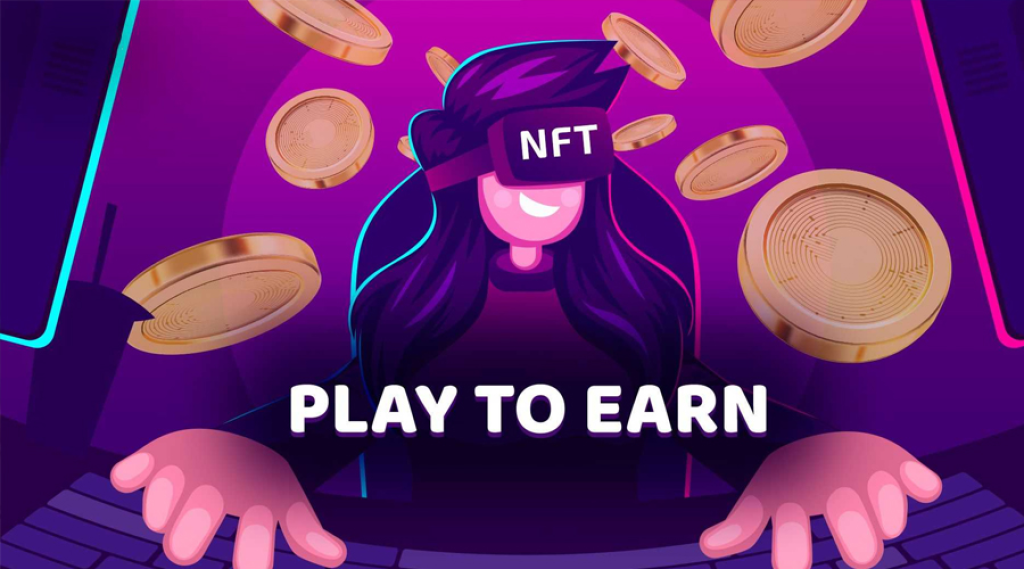
One shining example is Axie Infinity, a blockchain-based game where players can earn tokens by participating in battles, breeding creatures, and trading in the marketplace. The tokens earned can be swapped for traditional money or saved for future in-game purchases, providing players real-world economic benefits.
The rise of P2E games isn’t an isolated incident but rather a clear indication of the direction the gaming industry is heading. Numerous other games, such as Alien Worlds, have also embraced this model, offering unique spins and enriching the P2E gaming landscape. What’s remarkable about this trend is that it isn’t just creating a buzz among gamers. It’s also catching the attention of investors and developers worldwide, who see the potential for considerable growth and return in this sector.
NFTs Revolutionizing Game Assets
Non-fungible tokens (NFTs) are revolutionizing the game assets concept, driving a significant shift in the gaming industry’s ecosystem. With the power of blockchain, in-game assets are now unique, truly owned by the players, and possess tangible value. This distinctiveness and sense of ownership have created a booming market for trading these assets, which was inconceivable in traditional gaming.
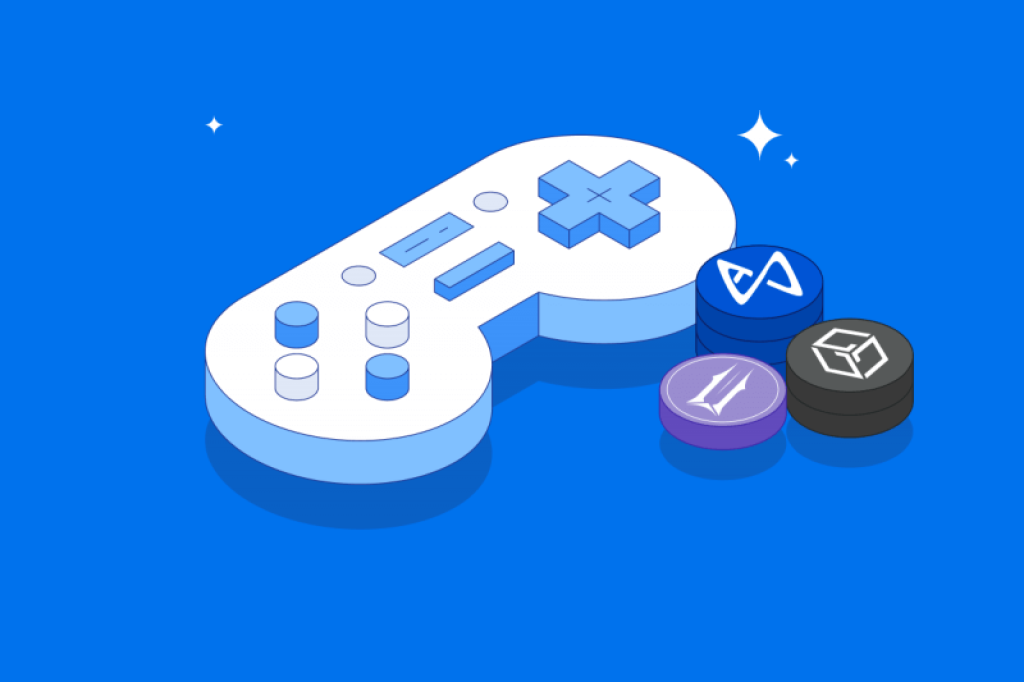
NFTs are bringing a new level of flexibility to the gaming world, allowing players’ valuable assets earned in one game to be used or exchanged in another. Decentraland and CryptoKitties are notable examples of how NFTs facilitate seamless cross-platform operations. However, the gaming industry is witnessing a wave of inventive applications utilizing these tokens that foster ingenuity, proprietorship, as well as valuable economic prospects for gamers.
Social Tokens in Gaming
Social tokens are emerging as a unique way to monetize online communities and fandoms in 2023, and the gaming industry is keen to get in on the action. Through blockchain technology, social tokens can be issued as a form of currency within a gaming community. These tokens serve multiple purposes, from in-game purchases and access to exclusive content to voting rights on game development decisions.
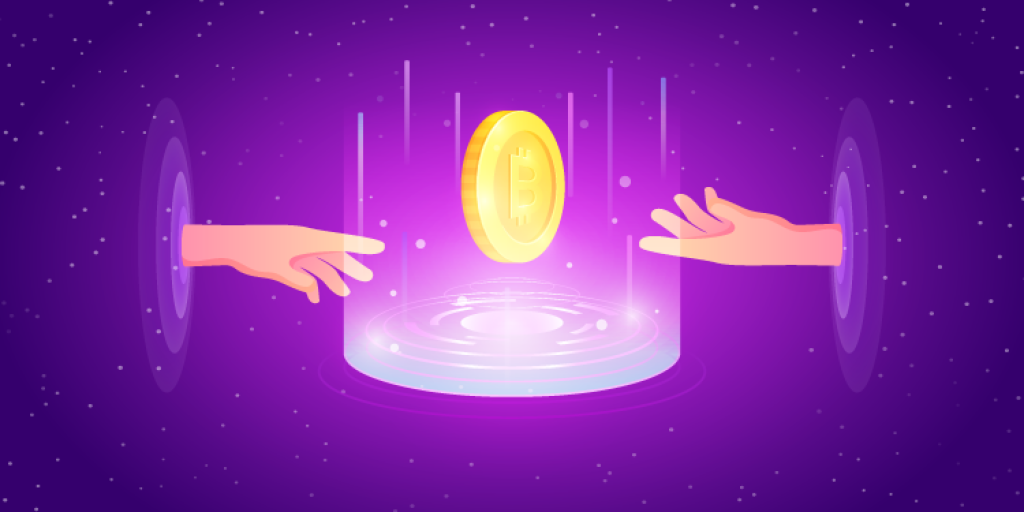
Social tokens are revolutionizing the gaming industry, with games like Rally creating entire economies around them. These tokens offer players a direct way to support their favorite games and enhance their gaming experience while also presenting opportunities for investment profit through potential token value appreciation. It’s not just about in-game benefits anymore; social tokens have opened up new avenues for growth and advancement within the world of online gaming.
Blockchain-based Gaming Infrastructure
Beyond the flashy in-game applications, there’s a profound shift happening at the foundation of game development. The gaming industry is starting to see the value in blockchain-based infrastructure. Game developers are using blockchain to create distributed networks for game hosting, which can potentially reduce latency, prevent outages, and improve overall game performance.
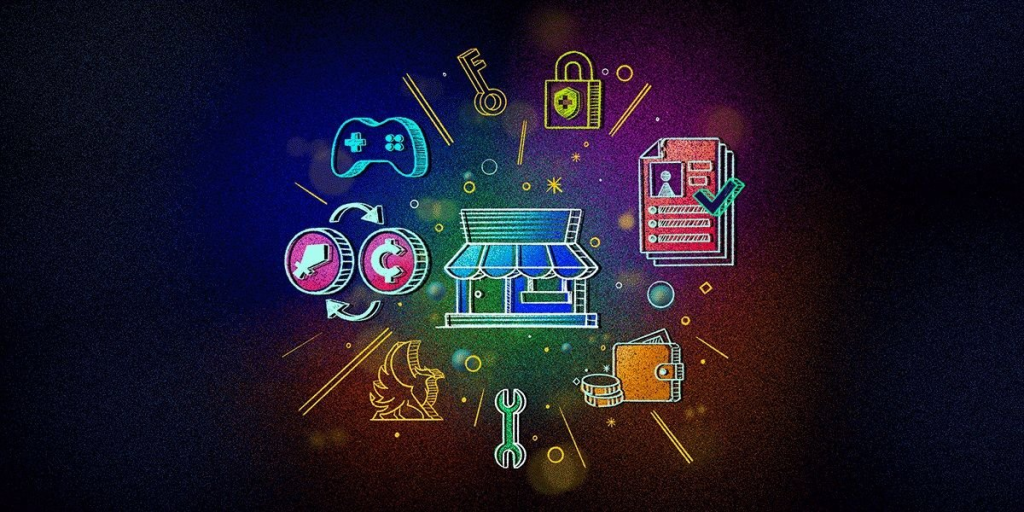
Phantasma Chain, for example, is a blockchain platform designed for fast and secure content delivery for gaming. Enjin, on the other hand, provides a blockchain development platform where developers can mint their NFTs and integrate blockchain into their games.
The potential of blockchain-based infrastructure isn’t limited to performance enhancements. It can also help create more transparent and fair gaming systems with significantly reduced chances of fraudulent activities.
Conclusion
The world of blockchain gaming is evolving at a rapid pace. From decentralized platforms to social tokens and NFTs revolutionizing game assets, developers are embracing these trends to create more immersive gaming experiences for players worldwide. The shift towards decentralized gaming platforms gives players more control over in-game economies and governance. At the same time, the Play-to-Earn model allows gamers to earn real-world value through their accomplishments.

